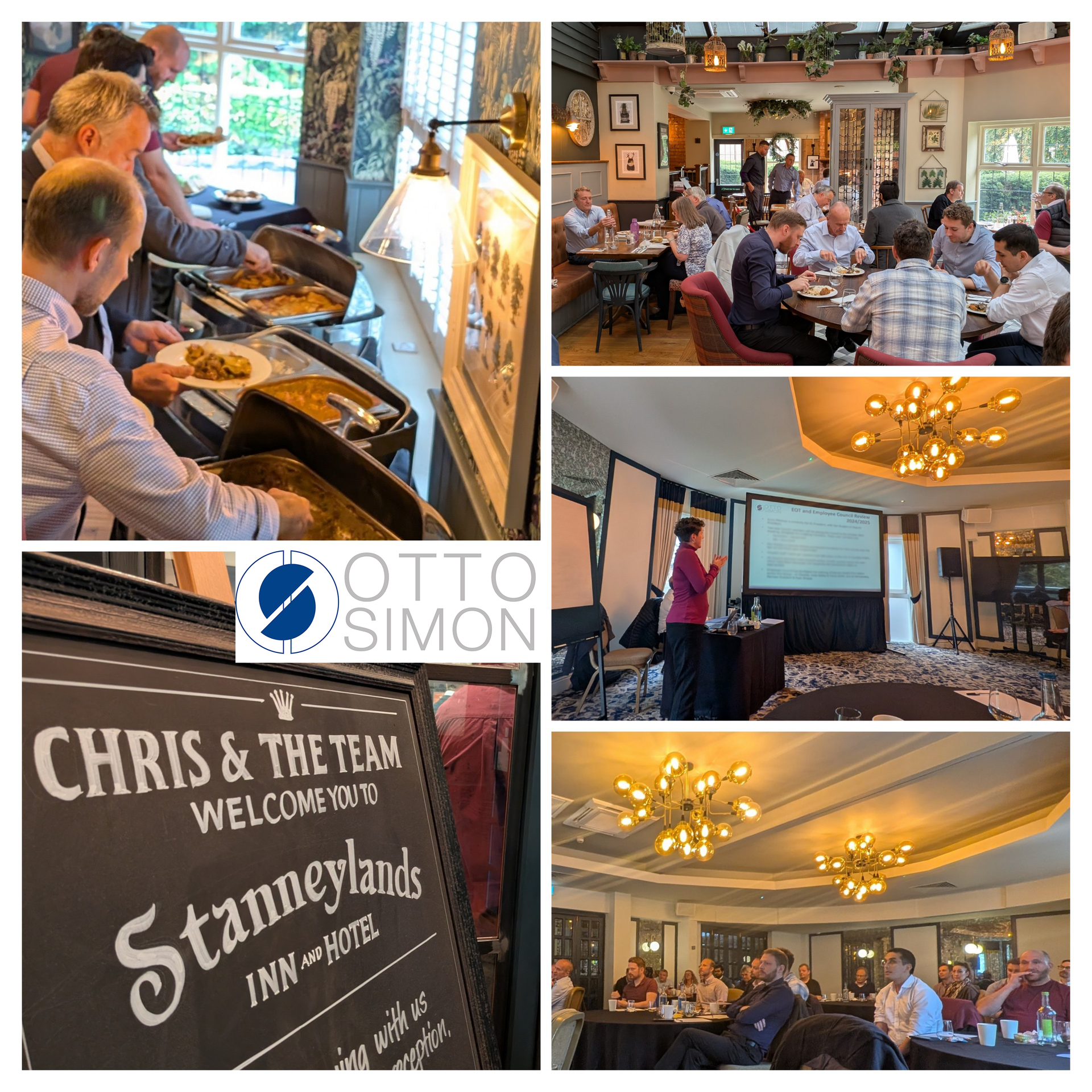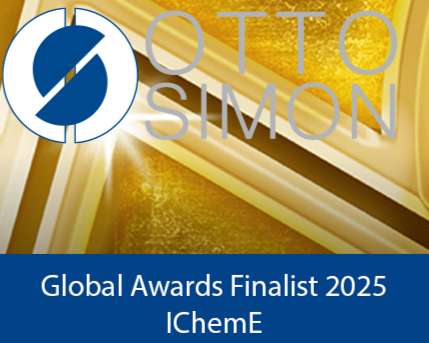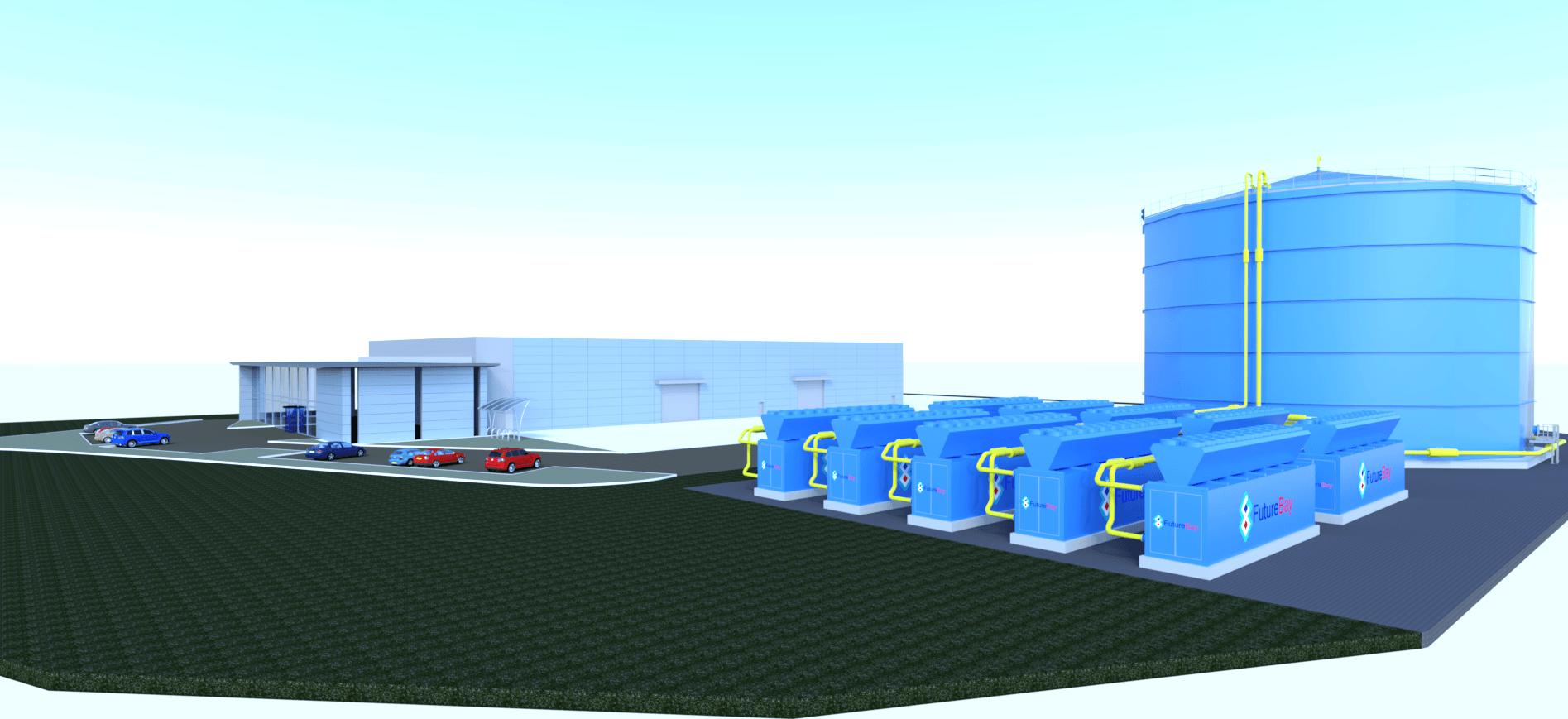By Clees
•
October 9, 2025
Aerbio and Otto Simon have been jointly shortlisted as finalists for the IChemE Global Awards 2025 in the Biopharma category. Our entry, Clean Protein: Engineered for a Resource-Constrained World, showcases the research and engineering efforts being the development of Proton™, a protein-rich single-cell biomass produced using a novel aerobic gas-fermentation process, utilising hydrogen, oxygen, and carbon dioxide as feed gases. This project has demonstrated the feasibility of producing a sustainable, high-quality protein ingredient at pilot scale, with applications in aquaculture and animal nutrition today, and the potential to expand to food-grade applications in the future. The technical challenges of this work have been considerable. Designing and operating a continuous fermentation system with hydrogen and oxygen in flammable ranges required rigorous safety engineering: hazard studies, CFD modelling, ATEX compliance, and functional safety analysis were all critical. With no commercial-scale precedents to draw upon, designs were developed from first principles and validated through lab-scale experimentation and pilot-plant data. Despite the added complexity of international collaboration during the COVID-19 pandemic, the project successfully delivered a first-of-a-kind pilot facility, generating essential data to enable scale-up to demonstration and commercial scale. The outcome speak for itself: Proton™ contains over 70% protein with a complete amino acid profile, delivers strong results in digestibility and extrusion trials, and has already shown positive performance in aquaculture and poultry feed applications. It can be produced with a fraction of the greenhouse gas emissions and water use of conventional proteins, while requiring no arable land and supporting biodiversity by reducing reliance on fishmeal and soy. This nomination recognises the strength of our cross-disciplinary partnership, combining microbial fermentation expertise with advanced process design, safety engineering, and scale-up know-how. Together, we are laying the foundations for a scalable, climate-positive protein platform that can contribute to global food security while reducing environmental impact. We look forward to the awards ceremony later this year and to continuing our journey towards commercial deployment of this disruptive technology. Learn more about the project: - Aerbio website





